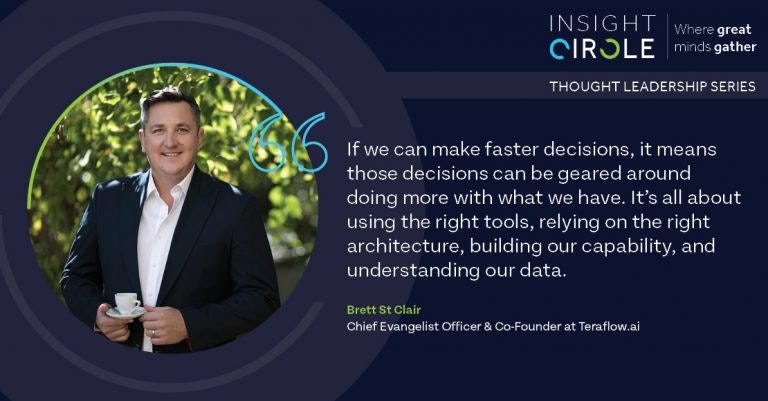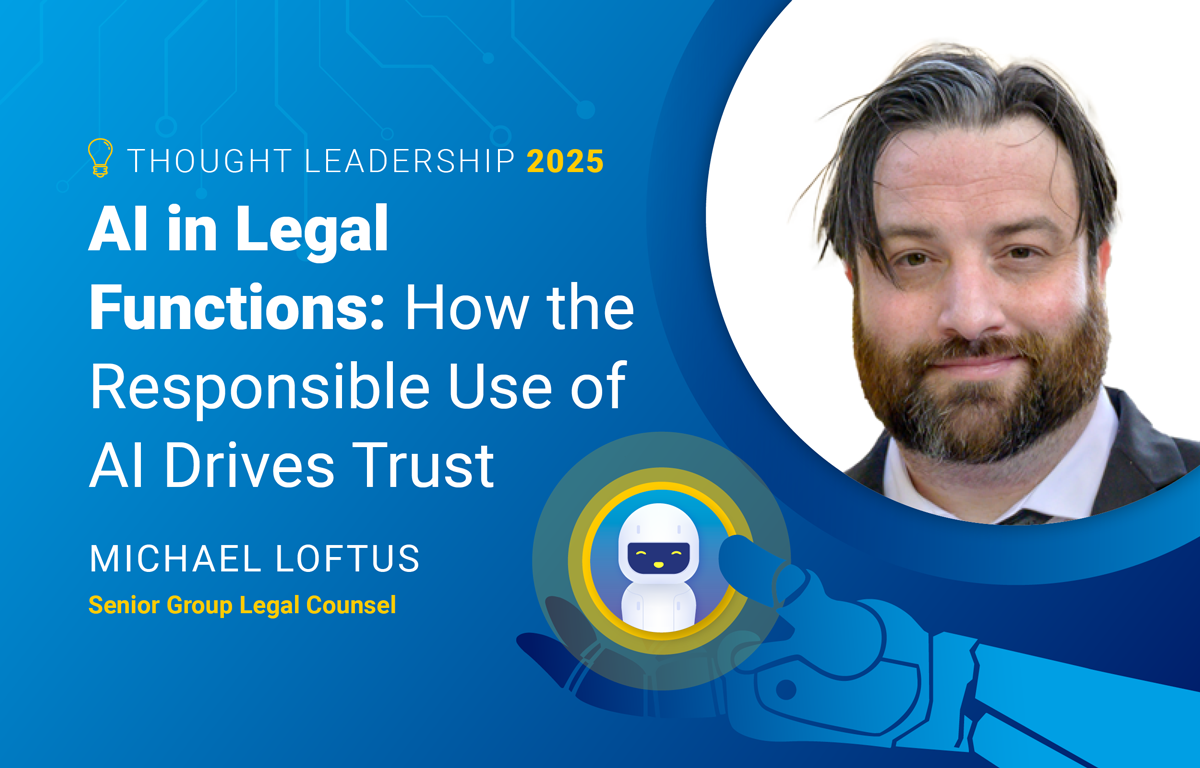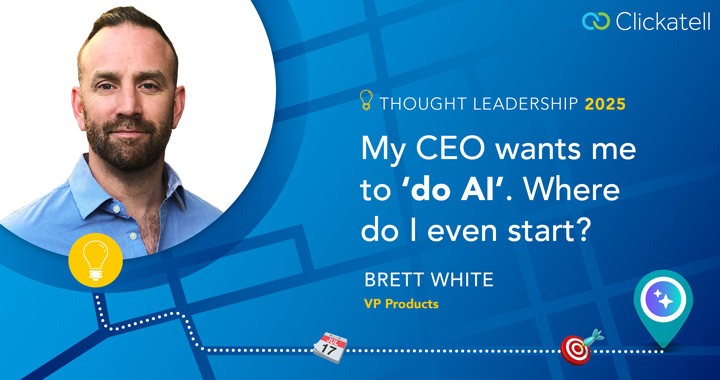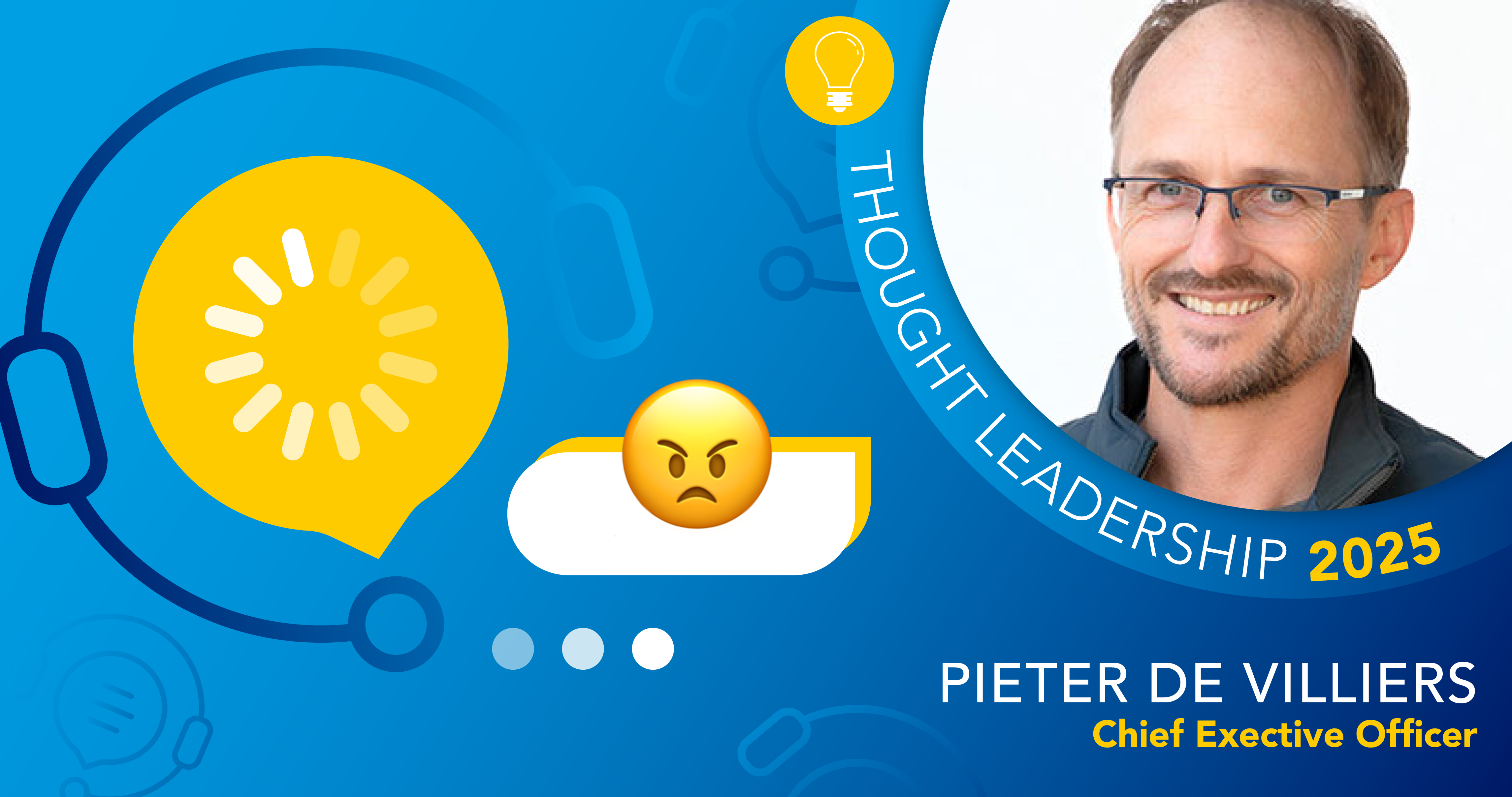
In this second part of the series, Brett St Clair, Chief Evangelist Officer and Co-Founder at Teraflow.ai discusses his vision of a decentralized world and shares a new way of managing tech companies that puts people ahead of everything.
Decentralising to allow collaboration and competition - at scale
Brett’s experience in organizations both large and small across the globe has given him a deep insight into the uniqueness of the various regions. When it comes to the enormous opportunities for the African continent, it’s hard for him to contain his optimism.
“Cloud must be a key trend when it comes to Africa. Its ability to de-couple us from legacy systems and allow organizations to scale up and compete almost immediately is extremely powerful. But perhaps that forces us into a centralized approach to computing. Having said that, in Africa we should always take the opportunity to leapfrog. Although we are a community, we still have a very diverse continent when it comes to culture, our way of thinking and income generating capabilities, so it’s no surprise I am a big fan of distributed ledger technology and the opportunities it presents,” he says.
Brett explains that in a world where everything is centralized, blockchain technologies could offer some real opportunities for African organizations (and individuals), to share and collaborate at a scale necessary for the continent to compete in a global market.
In fact, Brett believes that distributed ledger technologies (DLTs), could be the solution to wresting the control of the internet from the Big Tech players.
“I think the DLT community has done a poor job of selling itself and I think the community as a whole needs to do a push on APIs. These will enable distributed technology and the ability to connect to each other at scale. Half the reason why it's so hard for smaller players to compete in markets at the moment is because it's hard to connect to the big guys. APIs allow you to seamlessly connect to policies, technologies and legal agreements required to deploy services. So, for example, if a bank put up a platform that allowed hundreds of thousands of small players to connect, that would enable competition. We should be pushing for a distributed technology space, driven by communities’ needs,” he states.
Down with management!
For someone as creative as Brett, it’s not unexpected to hear that he is involved in an experiment that runs contrary to the traditional. Brett shares that when he was in the corporate sector he realised that in his team, there were two managers for every software engineer. This burdensome layer or bureaucracy within the corporate hierarchy reduces the number of doers. And Brett says it's this that leads to environments where decisions are made based on individuals and their needs rather than what’s best for the company as a whole.
“In our organization, we’re saying no to management. We have a small exco layer of our founders and then we have our teams. We organize ourselves in a swarm matrix. We empower our teams to make decisions and to take responsibility and accountability. We call it distributed accountability,” he explains.
He goes on to describe what sounds like a developers’ Utopia: “This non-traditional approach means team members can work on what they are interested in. We have a team lead focused on various disciplines and they develop whatever it is the business needs within that ambit. What’s different is that instead of customers and partners being the most important part of the business. We have flipped it. We promise our teams that we will double their value (whether it’s skills or financial value) in two years. By empowering our people we no longer need managers,” he says.
Putting his teams ahead of everything is so integral to the business Brett says that even though their work dropped to just 30% of what it was before the lockdown, they not only retained every single worker, but gave staff two increases during the hardest of times.
Wrapping up Brett does what he does best and gives us a quick glimpse into his tech crystal ball and shares how digital transformation will advance over the next few years.
“I think over the next two years we can expect quicker decisions; I think we will have less manual overhead. This is because of automation, because we will be using technology better, and I don’t see this as a threat to jobs, I see this as being more effective. I don't think we're very effective in society and industry at the moment. If we can make faster decisions, it means those decisions can be geared around doing more with what we have. It's all about using the right tools, relying on the right architecture, building our capability, and understanding our data. We are in a time where comfortable profit margins are gone. We can no longer just rest on our laurels,” he says, leaving us all with a personal call to action.
Step into the future of business messaging.
SMS and two-way channels, automation, call center integration, payments - do it all with Clickatell's Chat Commerce platform.








